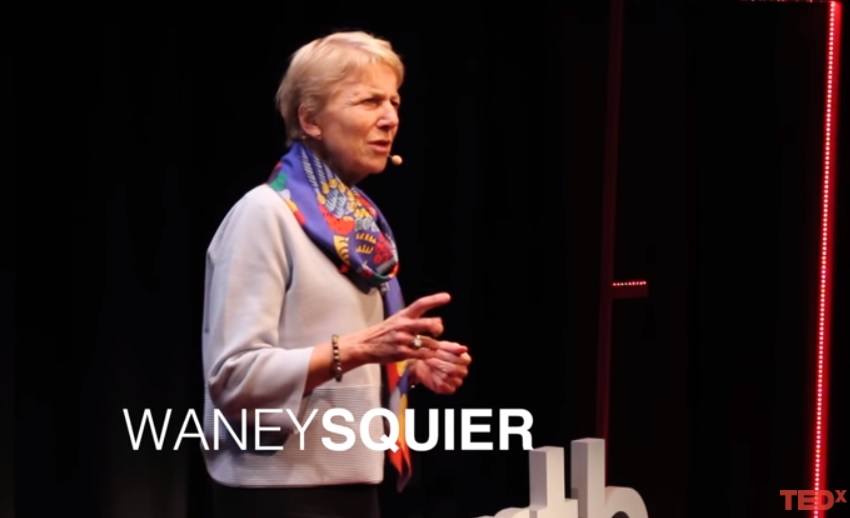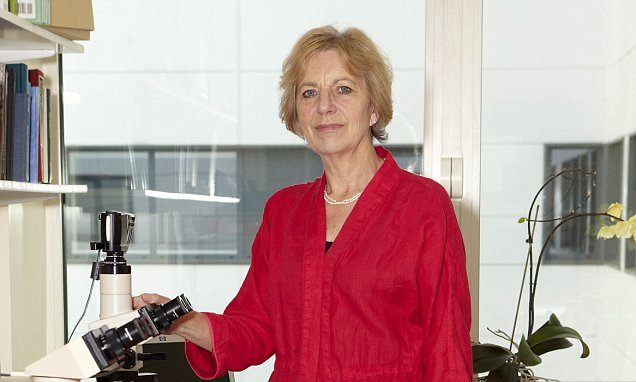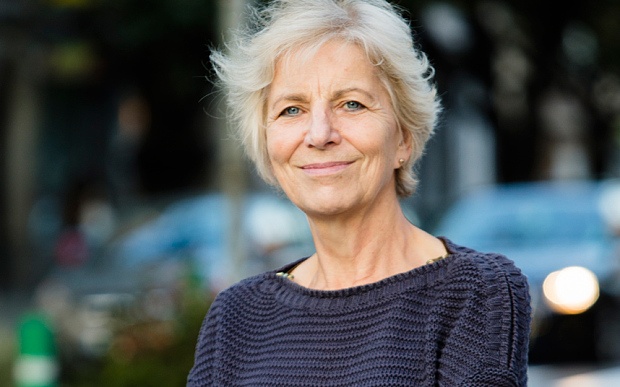Pediatric Neuropathologist on Failed Science Behind Shaken Baby Syndrome: Doctors Value Their Careers More than the Truth
There are times throughout human history that a particular hypothesis or another is dogmatically accepted as truth. In the past, those who challenged the group thinking could be hanged or burned at the stake as a heretic. Even today, there can be a high price to pay for disagreeing with the status quo, even when there is strong evidence that shows that the group-think consensus is wrong. Shaken Baby Syndrome is one such hypothesis. Dr. Waney Squier is a world renowned pediatric neuropathologist whose intellectually honest quest for scientific truth has led her to change her belief about Shaken Baby Syndrome. She is joined by many other doctors and researchers who question the message that we have been taught to believe. Her decision almost cost her career, and even now she is banned from testifying in court against Shaken Baby Syndrome. She recently spoke out in a BBC interview about the science that led to her to change her mind about Shaken Baby Syndrome, and how many other doctors also know that the science does not support Shaken Baby Syndrome, but are too afraid to speak out because they fear losing their jobs.






